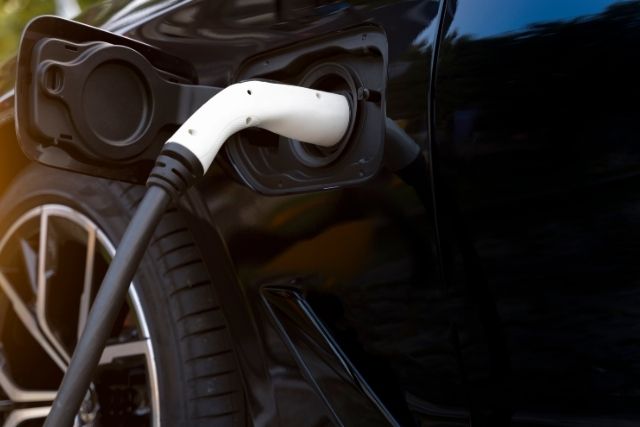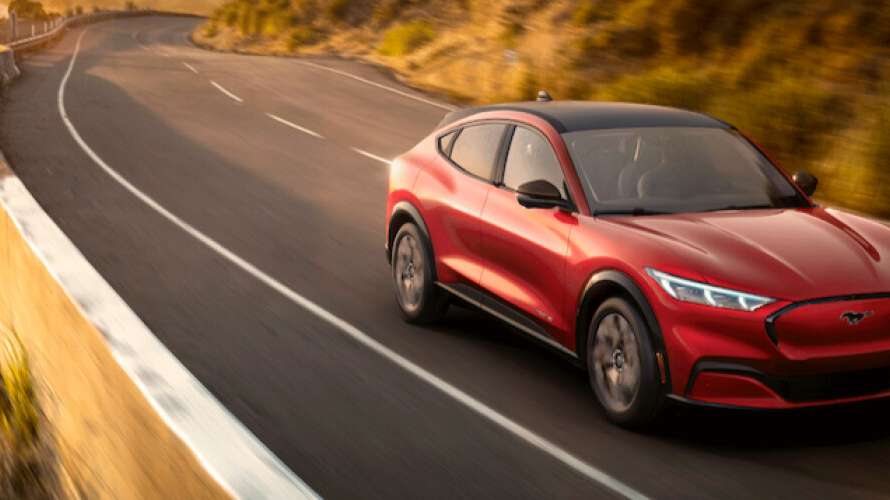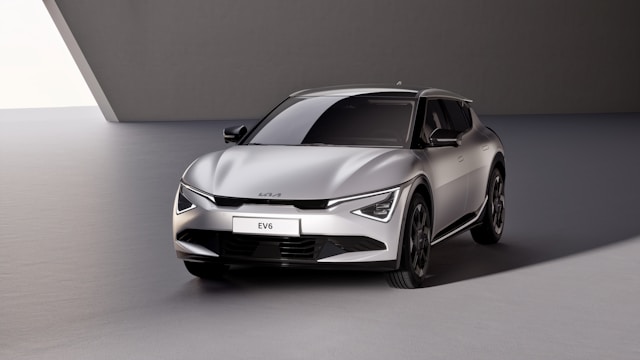The incoming energy policy team for Trump, led by oil executive Harold Hamm, has proposed repealing the $7,500 federal EV tax credit. This move would likely be part of a broader tax-reform agenda for Trump’s campaign promises to prioritize traditional energy sectors over clean energy. The tax credit, central to President Biden’s Inflation Reduction Act (IRA), has played a significant role in accelerating EV adoption across the U.S. Removing it could reshape the future of the American auto industry and the global electric vehicle market.
Automakers like GM and Ford, still scaling up EV production, may face serious challenges without this credit. These companies have relied on subsidies to offset high production costs and attract budget-conscious buyers. Despite the credit, Ford recently paused production of its F-150 Lightning electric pickup due to weak demand. General Motors, which has received substantial EV manufacturing incentives, announced plans to cut EV losses by billions next year. Without the tax credit, these efforts could falter, making profitability and operational scaling even more difficult.
Concerns About EV Tax Credits
Many industry leaders and policymakers have expressed concerns about the consequences of repealing the credit. The United Auto Workers (UAW) union warned that this move could put “hundreds of thousands” of EV-related jobs at risk. Energy Secretary Jennifer Granholm also voiced alarm, stating that eliminating the credit would weaken the U.S. in the global market and allow countries like China to dominate. In contrast, China’s government heavily supports EV adoption, giving their automakers a competitive edge.
As Trump’s transition team continues discussions, the fate of the EV tax credit remains uncertain. Its removal could have wide-reaching effects on the U.S. auto industry. Progress in clean energy might slow, and efforts to cement America’s leadership in EV innovation could be undermined. Transitioning from policy to practice will reveal the true impact on the nation’s economic and environmental priorities.



